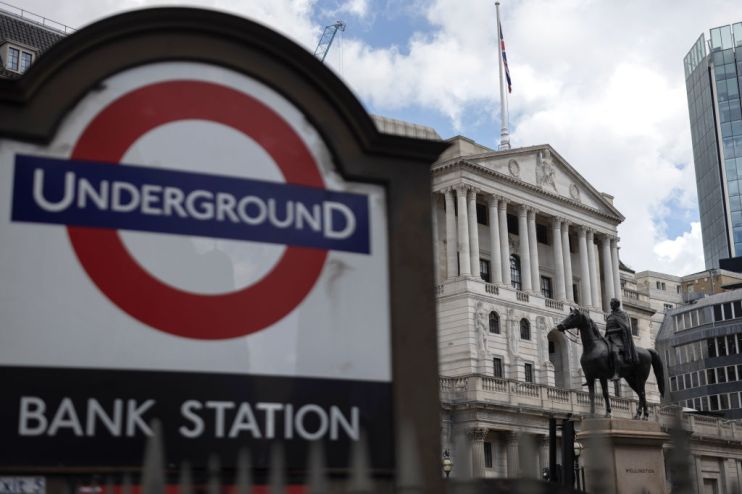‘Real risk’ inflation could become embedded, Bank of England’s new deputy governor warns

Incoming deputy governor of the Bank of England Sarah Breeden warned that there is a “real risk” inflation could become embedded in the UK economy.
“The challenge right now is that wages are high and rising and there is a real risk that the second-round effects mean that this inflation becomes embedded,” Breeden told MPs in a Treasury Committee in a hearing convened to approve to her appointment.
Inflation came down to 6.8 per cent in July, having peaked at more than 11 per cent last year—but core inflation increased month-on-month. August’s reading is likely to see a slight increase due to rising fuel prices.
Fresh data out this morning showed that pay continued rising at the fastest pace on record, pouring more pressure onto the Bank.
The Bank has been persistently surprised by the strength of wage growth over recent months, which has raised the prospect of a wage-price spiral—when workers demand higher wages to keep up with inflation, forcing firms paying wages to hike costs further.
Breeden, who spearheaded the response to the LDI crisis in her role as executive director for financial stability, will join the Bank’s Monetary Policy Committee (MPC) in November, replacing Jon Cunliffe.
In the hearing she highlighted the difficulties the Bank has faced in forecasting the path of inflation, saying its understanding of how the pandemic and invasion of Ukraine would impact UK inflation had been “wrong”.
The Bank has faced stinging criticism for failing to forecast the path that inflation would take. For around a year and a half, MPC officials have had to revise up their inflation projections.
Ben Bernanke, a former chair of the Federal Reserve, has been appointed to lead a review into the Bank’s forecasting.
But Breeden said the MPC had “learned” from previous mistakes, highlighting that inflation forecasts in the most recent monetary policy report were “very different” from previous forecasts.
“I will not be reliant on the output of models…I will be talking to businesses, talking to banks and trying to understand in practice how monetary policy is affecting the economy,” she told MPs.